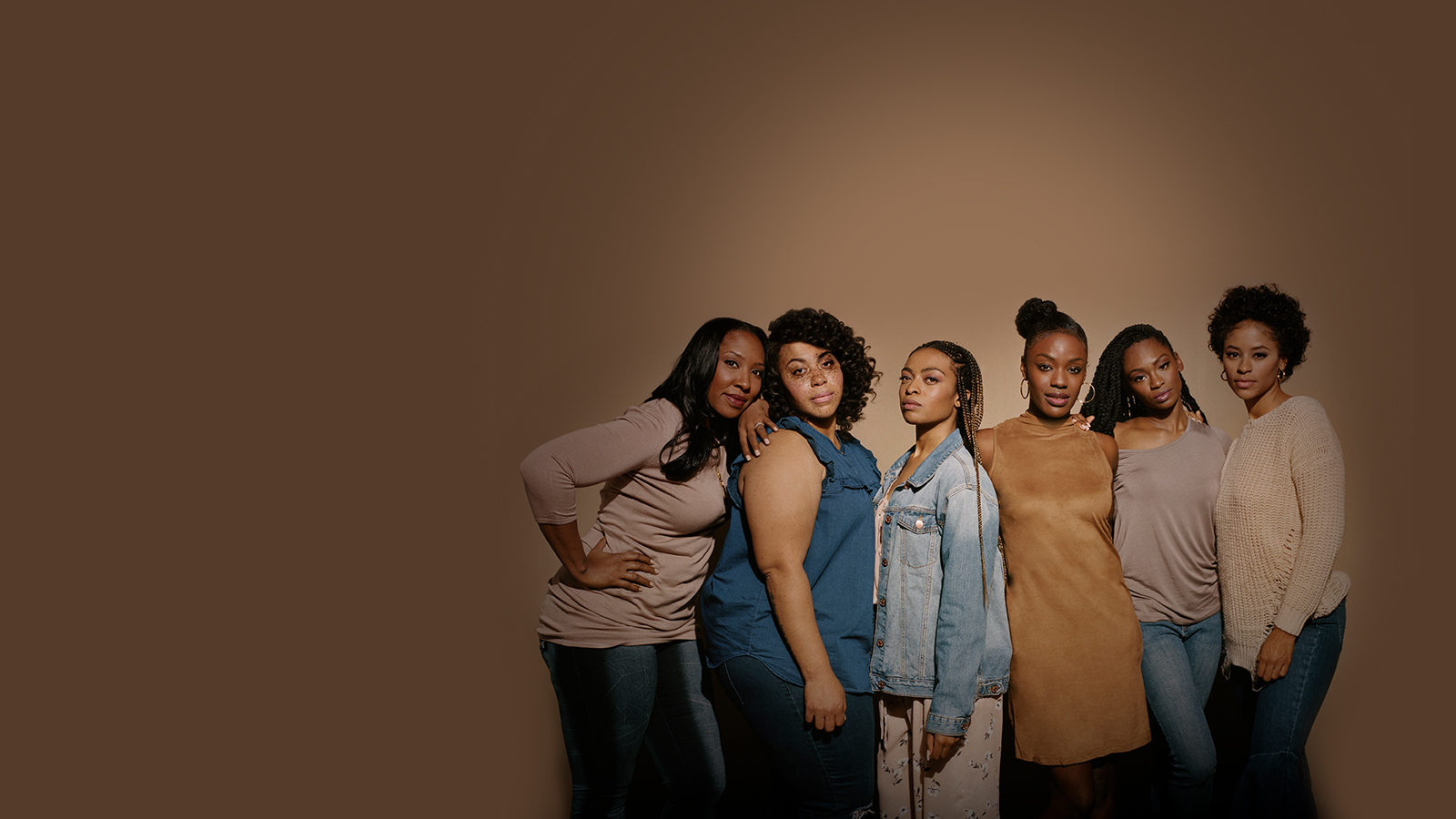Our families shape everything from our diction to dining preferences, from our humor to our habits. They also play a big part in shaping our health. Yet in many families, health problems aren’t even discussed. We might tend to dismiss them as flukes, even if they’re seen again and again across a single family. Or we might assume these problems are inevitable and not worth discussing.
But sometimes our family health history provides clues to what the future may hold for our own health. So ask yourself, how much do you already know? And how much more can you find out?
It may seem awkward or even painful to start the conversation, but talking openly about family health history can help you and your family get on top of your breast health. It may even save someone’s life.
Why talking about breast cancer matters
Your family is unique, and so is your family’s health history. When it comes to breast cancer, knowing that history can help you figure out your risk and take action as needed.
If anyone in your family has had breast cancer, your family could be at higher risk. We don’t know why exactly having a family member with cancer can increase our own risk. It could have to do with genetics, similar lifestyles or other family traits. In fact, we know that certain gene mutations that pass from generation to generation can have a major impact on our breast cancer risk. We also know that understanding our family health history can help us take better care of our own health.
Looking to the future, tracking family health history may also provide insight into how different health conditions like breast cancer, diabetes, and obesity connect. Someday, understanding these connections may give us a more complete picture of our family’s health challenges.
Tips for starting the conversation
It may not be easy to talk openly about illness in the family, especially if your family has lost someone. Still, it’s crucial for families to share health history so that each of you can be informed and empowered about your own health. Here are some tips to help you get the conversation started.
1. Start close.
Choose a relative you trust and feel close with to help you gather background information and figure out the best way to approach other members of the family. You’ll feel more confident having someone in your family who understands and supports what you’re doing. Plus, once you’ve broken the ice with one person, it’ll be easier to talk to others.
2. Prepare beforehand.
Get informed about the main points you want to discuss.
- You may want to have a short explanation in mind for why you think making a family health history is important in the first place.
- If you’re concerned that your family could have a genetic mutation, be ready to explain why you think so. (Not sure? Answering these questions can help.)
- You’ll need to prepare emotionally as well. It may be painful to talk about health problems in the family, especially if someone in your family has struggled with their health recently. Be ready for whatever emotions come up, including fear, anger and sorrow.
3. Bring men to the table.
Talking about breast health isn’t just for the women in your family. All members of both sides of your family should be included in the conversation for several reasons:
- Including as many members as possible from both your mother’s and your father’s families will help you collect more information. Plus, everyone you include can get informed about their own risk too.
- Speaking of getting informed about risk, men can get breast cancer too. It’s rare in men, but it happens, so it’s important for male family members to know their risk. Men can also benefit from paying attention to their chests and having any changes they notice checked out by a doctor.
4. Let technology help.
The Office of the Surgeon General created an online tool to help families chart their family health history. The tool tracks all kinds of health problems, not just breast cancer, and lets you create a chart to print and share with your family and doctor.
5. Know what’s next.
You don’t have to have all the answers. Just knowing what comes after the health history is complete can create a sense of purpose and control. Whatever the history says, a good next step is to talk to your doctor about what it means for you and your family.
A note for survivors:
If you’ve had breast cancer, it’s natural to worry about whether your family is at risk too. Your doctor can help you understand your family’s risk based on the details of your diagnosis. If you and your doctor decide you should get tested for gene mutations, you may want to get your results before talking with your family. That way you can bring as much information to the table as possible.
From talk to action
Once you’ve started the conversation with your family and made a health history, the next thing you’ll want to do is talk with your doctor. (Don’t have a doctor? Here are some tips for finding one.) Your doctor can help you put what you’ve learned in context and figure out what actions are right for you.
Maybe you’ll discover that your family doesn’t have many risk factors. In that case you can focus on lifestyle practices to reduce your risk and follow whatever screening schedule your doctor recommends for you. Remember that most people who develop breast cancer don’t have a family history, so you need to take care of your breast health no matter what you learn from talking to your family.
If you discover that your family may have a higher risk of breast cancer, you can talk to your doctor about ways to reduce your risk. Now that the lines of communication with your family are open, it’ll be easier to compare notes and share resources. You’ll be stronger together!

